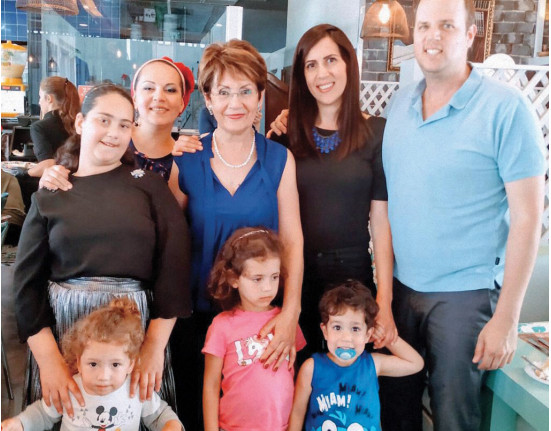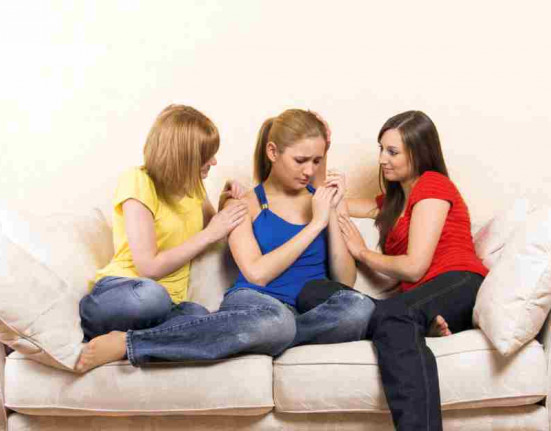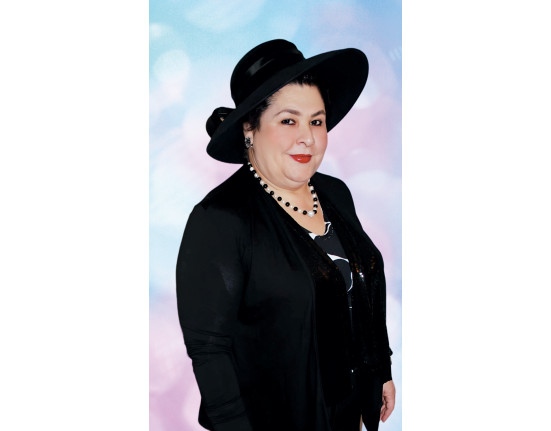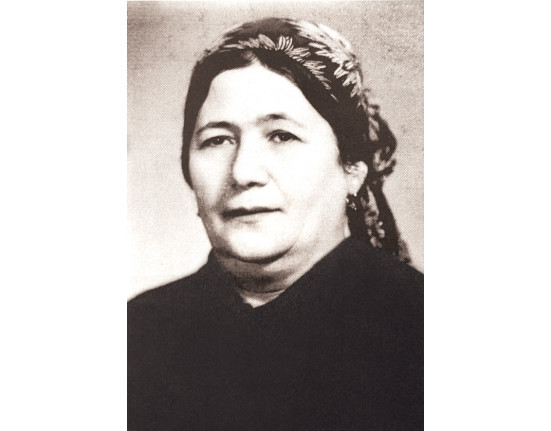Dear Rachel,
I read disturbing headlines
of a highly respected child advocate who was found to have molested countless
children and young women over many years. I was shocked, angry, and disgusted!
Is there anybody we can trust these days?! Gone are the times of simple
childhood where kids can roam free and safe all day in the neighborhood. I had
a happy childhood with wonderful aunts, uncles, cousins, and friendly neighbors
around. Having little experience with the threat of child predators, can you
please offer suggestions on how I can try to keep my children safe?
Sincerely, Adina
Dear Adina,
I share your deep
indignation. It’s horrifying that abuse exists, especially when it is done by
those who we trust and look up to. It is scary to feel like this can happen to
our own children, and it’s natural to want to respond to this fear by holding on
to our children even more tightly. However, there is a different perspective we
can also take. Yes, abuse exists and can happen anywhere. And yet, just like we
teach our child how to swim to increase the chance that they are safe in the
water, we can also respond to potential predators with a proactive approach
that prepares and empowers our children – both girls and boys. To begin with,
no matter what happens, a child has to have one adult she trusts completely to
confide in (preferably you as the mother) should anything happen. This trust
develops when the child sees you believe in her and are on her side. In other
words, everything you do, you are doing out of love for her own good, not
because you view your child as bad. When your child builds trust in you, it
also builds her inner confidence so that there will be a greater chance of her
confiding in you. Additionally, in growing a trustworthy relationship, your
child must feel that when she is upset, instead of jumping to correct her
feelings or fix the situation, you first listen to give her the chance to
express herself and then validate her feelings, such as “Today was a really
hard day for you…” or “It really hurt your feelings when…” This is another way
your child will feel secure with you. Take note: if a parent easily overreacts
during hardships or when a child makes errors, this can later backfire when she
feels too afraid to speak up, for fear of the parent’s reaction. Developing
ourselves as parents helps not only us, but also our children. After growing
the foundation of trust with your child, you can begin to use the following
tips to empower her against child predators: At a young age, children must be
taught the importance of boundaries, learn clearly what those boundaries are,
and how to protect them. They must learn what kinds of signs should be
considered red flags in how people relate to them. Having a comfortable,
ongoing dialogue in the home throughout the years as they grow will help them
internalize these messages. Remember to explain that even people who might look
good or honorable can violate boundaries, and that no one is ever allowed to do
this, regardless if they are a family member or trusted authority figure. Now
here is how you can further empower your child: you tell her that she has a
voice; a quiet voice in her head that can alert her to know when something is
not right, and the power of speech that she can use to assert herself in
response. You can help your child to practice hearing her inner voice in all
kinds of different scenarios (like when she needs to make a decision) by asking
her, “What does your inner voice tell you?” Teach your child to use her voice
to speak loudly against a predator and also by telling you when this happens,
even if the child is threatened not to tell. Most importantly, if G-d forbid
you are ever in the position where your child discloses abuse, she must never
be made to feel at fault or that she is lying, and immediate, protective
measures must be taken thereafter. Her voice must be HEARD! May G-d help you to
be successful in your teachings. B’hatzlacha!
All the very best, Rachel
Trilokekar
Thank you to those who have
e-mailed me with their questions. If you would like your question to be
featured in the next issue of Ladies’ World, please e-mail:
RachelTrilokekar@gmail.com



















